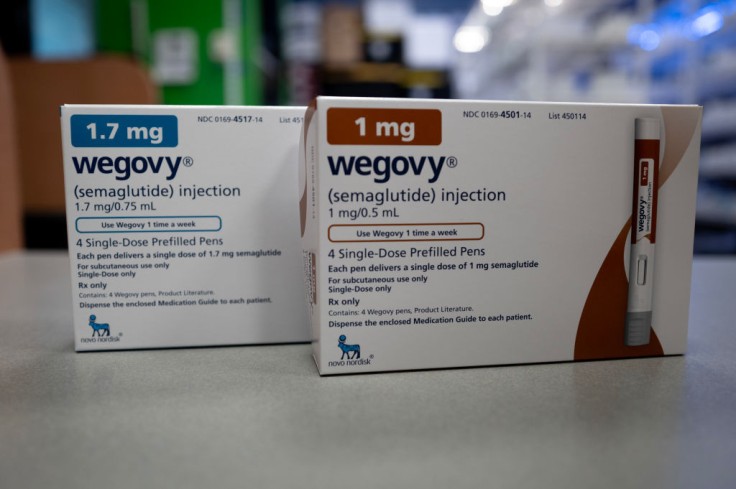
With the growing demand for weight loss medications like Ozempic, Wegovy, Mounjaro, and Zepbound, users have been engrossed in the long-term results of these treatments.
The latest study by Novo Nordisk, the maker of Ozempic and Wegovy, has given fresh intuitions into the lasting results of these drugs.
Novo Nordisk Releases New Study on Long Term Weight Loss Treatments
Martin Holst Lange, Novo Nordisk's head of development, acclaimed, "This is the longest study we've conducted so far of semaglutide for weight loss."
Ozempic and Wegovy, both GLP-1 Receptor Agonists, are used to lessen blood sugar levels by helping insulin production. These drugs, derived from semaglutide, slow gastric emptying and lessen cravings, resulting in weight loss.
The research, conferred at the European Congress on Obesity in Venice, Italy, focussed on Wegovy, an FDA-certified injectable for weight loss in people with corpulence or comorbidities such as high blood pressure. Although Ozempic is FDA-approved for Type 2 diabetes, some doctors recommend it off-label for weight loss.
Recently, GLP-1 medications like Ozempic and Wegovy have acquired important demand for weight loss.
A current survey discloses that 1 in 8 Americans have used these treatments for weight loss, with 60% of them having diabetes or cardiovascular disease. Traditionally, GLP-1 agonists were used to treat these circumstances.
New research published on May 13 in Nature Medicine confirms that Wegovy is effective for both losing and maintaining weight for at least four years, doubling previous estimates. Akin results are anticipated for Ozempic and other GLP-1 agonists.
Recently, only Wegovy has been FDA-approved for weight loss, though "off-label" use of GLP-1 treatments for this intention is typical.
Read Also : FDA Approves Zepbound: Eli Lilly's Revolutionary Weight Loss Drug Promises 52-Pound Shred in 16 Months
Study's Findings and Implications for the Future of Weight Loss
Long-term Weight Maintenance on Wegovy
Participants on Wegovy lost an average of 10% of their body weight in the first 15 months and maintained this loss over four years. Lange stated, "We see that once the majority of the weight loss is accrued, you don't go back and start to increase in weight if you stay on the drug."
Side Effects of Long-term Wegovy Use
About 17% of participants discontinued the drug due to side effects, primarily nausea. Common side effects of weight loss drugs include nausea and constipation, with potentially severe risks such as gallbladder and pancreatic diseases.
Patients are advised to discuss side effects and risks with their healthcare provider.
Need for Continued Medication After Weight Loss
Dr. Jennifer Ashton emphasized that obesity is a chronic condition. Discontinuing GLP-1 medications often leads to weight regain because the underlying causes of obesity persist. Obesity, affecting nearly 42% of Americans, is linked to serious health conditions like heart disease and stroke.
Maintenance Strategy with Wegovy
Although there's extensive research on GLP-1 medications for Type 2 diabetes, more studies are needed to understand their role in long-term weight maintenance.
Ashton highlighted the need for awareness that stopping these medications usually results in weight regain. Doctors may adjust dosages or reduce dosing frequency to maintain weight loss.
Ashton mentioned, "Healthcare providers might lower the dose or increase the interval between doses as part of the maintenance strategy," adding that alternating dosing schedules could become a common approach in the future.